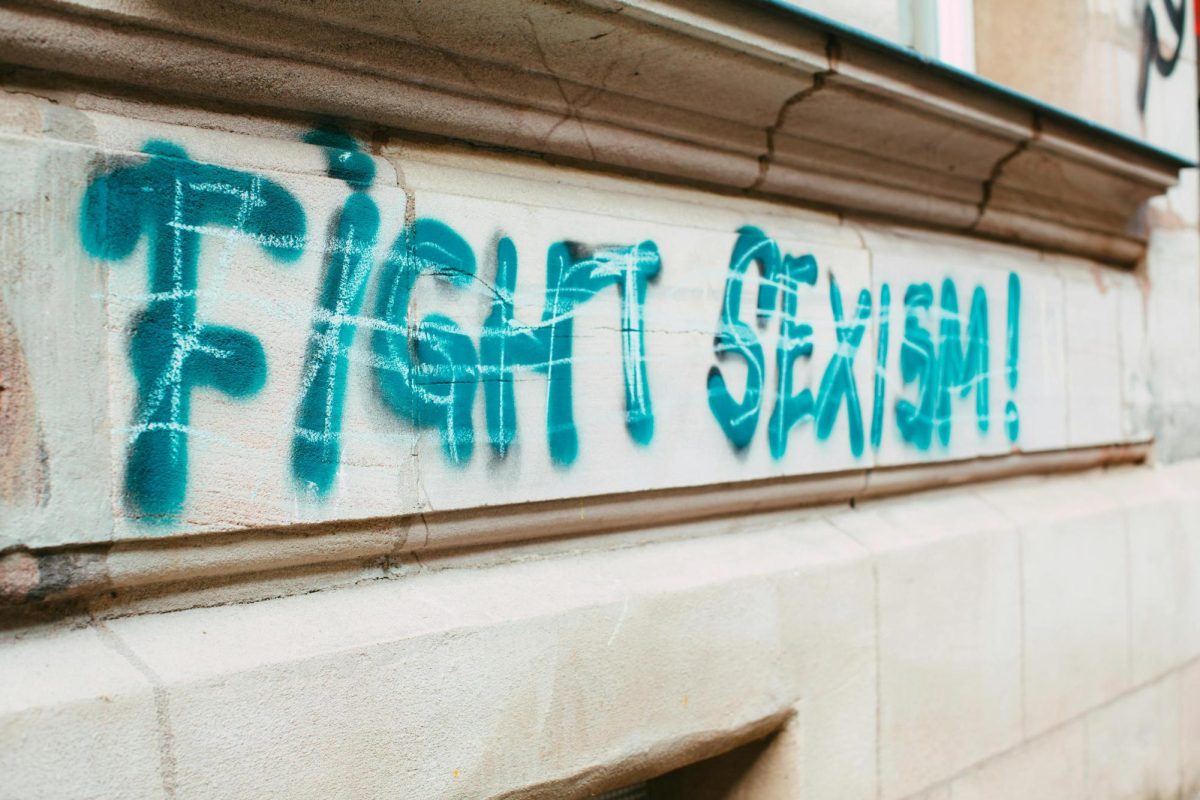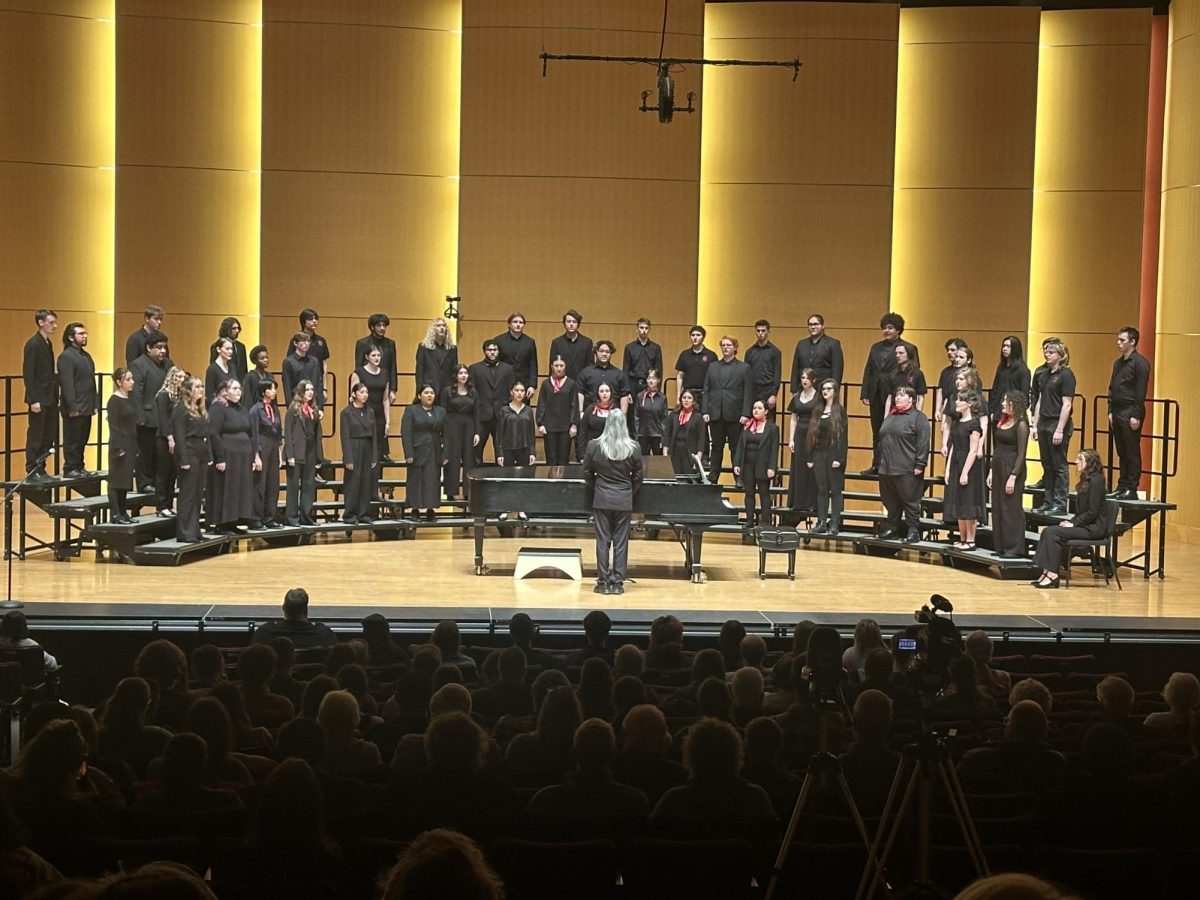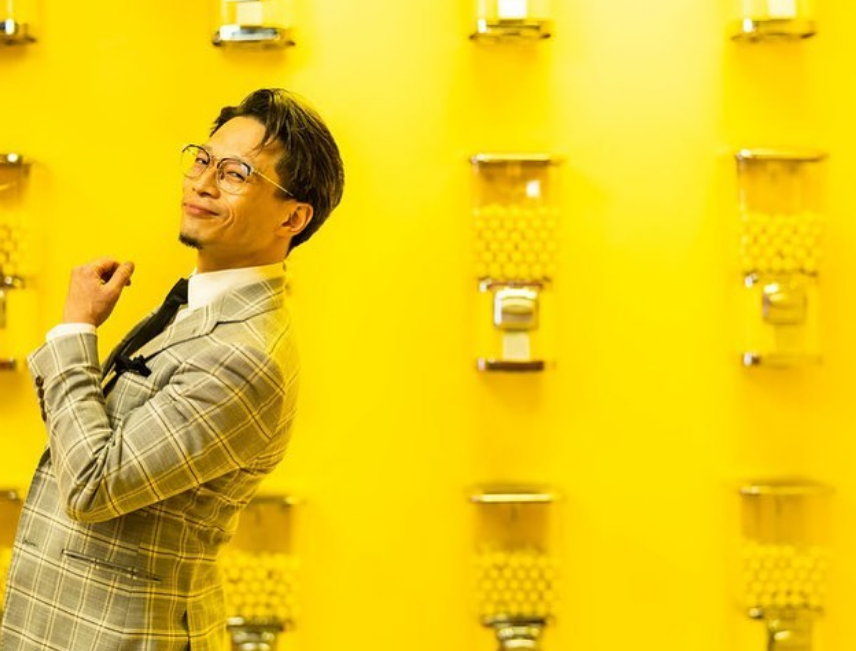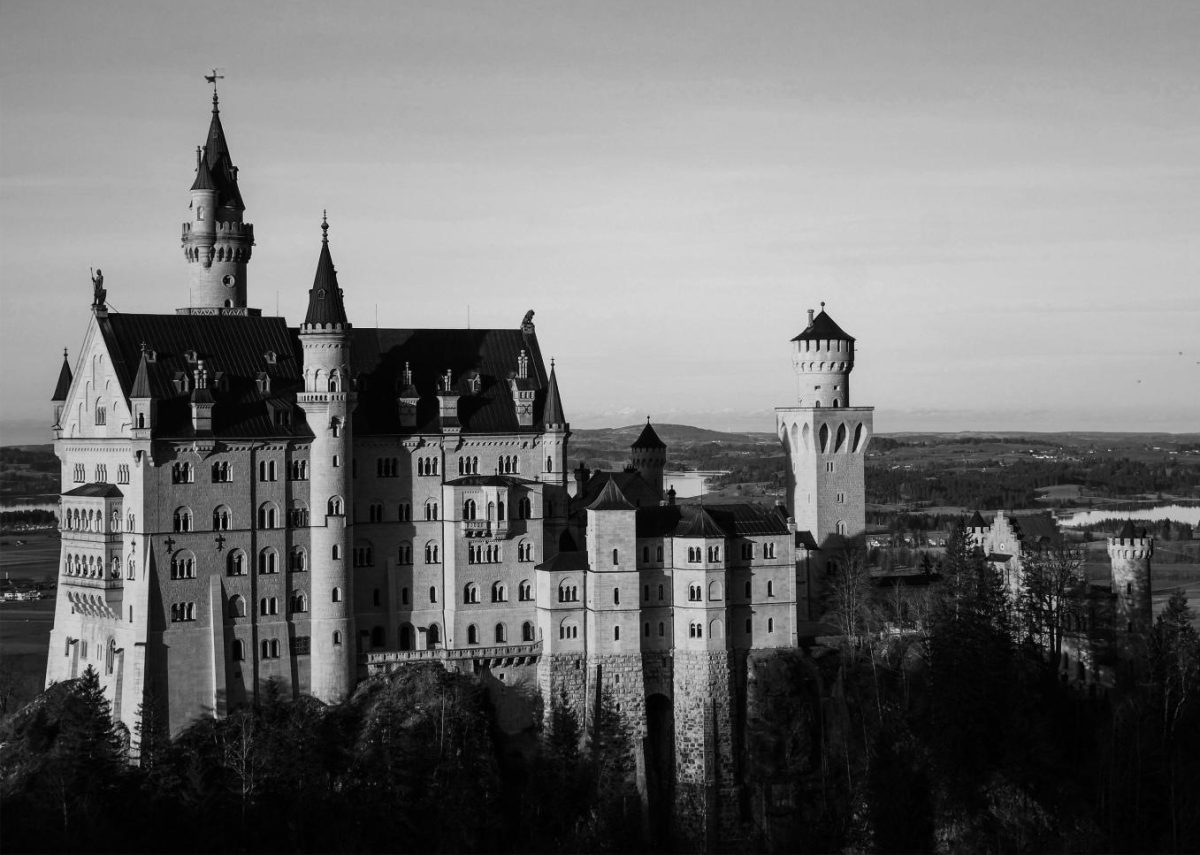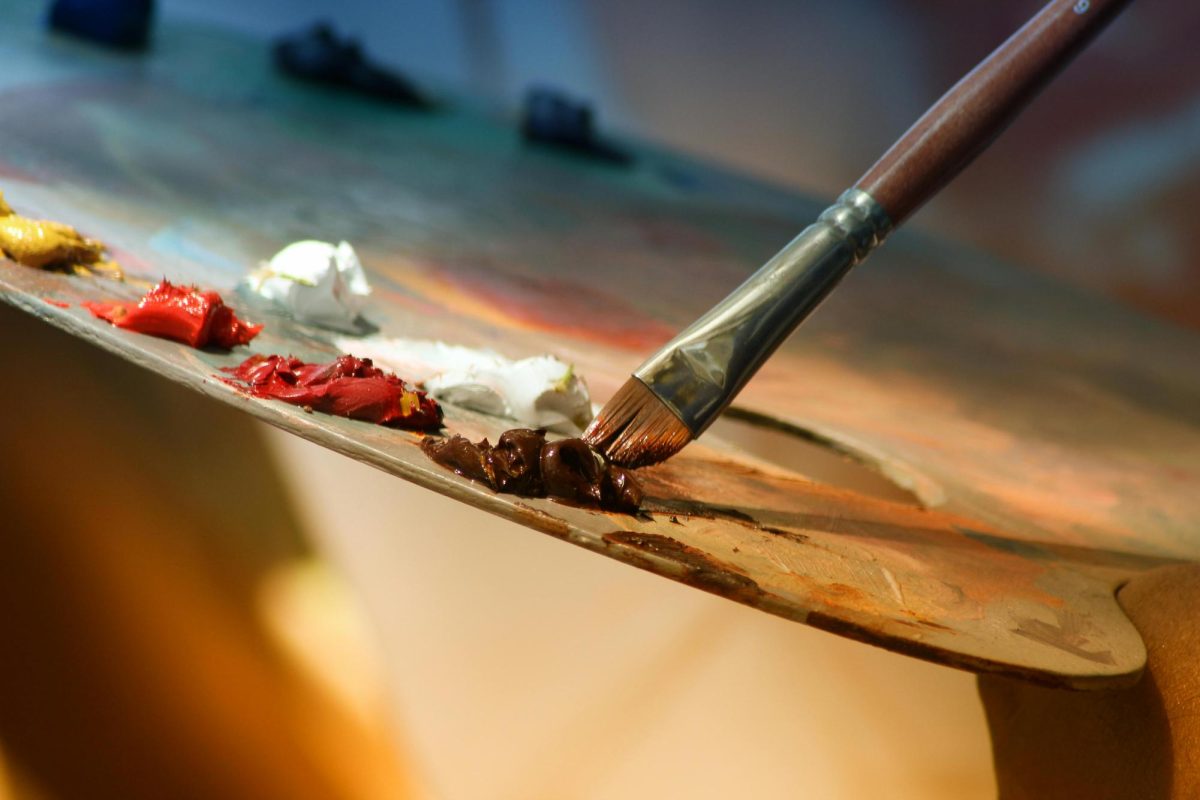For Audrey McConnell, they’re an art form: creative expression tied to machines that have gone largely extinct for the better part of a century. It’s a self-proclaimed engineer and mechanic, who’s made a hobby—and a business—out of collecting and restoring vintage typewriters. McConnell attributes the beginnings of its typewriter fixation to its late grandfather and his typewriter; a 1928 Underwood Model 5 it understandably labels the pride and joy of its collection.
“I just really loved the sound of the keys,” said McConnell, reminiscing on its grandfather and his Underwood. “When I was growing up, every time I’d visit I would go up and play pretend that I was a reporter or something and just type on this machine.”

Restoring the typewriter it inherited after its grandfather’s passing was McConnell’s way of showing its respect for him and the machines he taught it to love in his lifetime. McConnell ascribes its passion for engineering as also being inherited from its grandfather, who was an engineer himself.
“It’s how I found out that I really enjoy restoring machines,” McConnell added. “The amount of engineering that goes into producing something like a typewriter… is really difficult to visualize or comprehend if you haven’t done it [engineering] yourself.”
McConnell surrounds itself with a bedroom full of the things, proudly displaying (and using!) its expansive collection of 14 typewriters, with nearly every decade of the 20th century represented through a machine. “My oldest is from 1925 and my newest is from 1985,” it said, still lamenting over its lack of a typewriter from the 60’s.

While each era is equally represented in McConnell’s collection, it doesn’t equally appreciate every machine. For reference, McConnell describes 3 general subsets of typewriters: fully analog (meaning no electricity required), electric (with electric characters and keys) and electronic (which McConnell describes as “barely feeling like a typewriter anymore”). “I’m partial to the older typewriters,” said McConnell. “My favorite decade is probably the 50s for typewriters. Or the 40s.”
Newer typewriters, such as the aforementioned electronic editions from the late 80s, McConnell tends to pass up on. “But I kind of have an issue with getting attached to typewriters and not wanting to get rid of them,” it corrected with a laugh.
When McConnell sits down to write letters, it’ll handpick one of its special blue 70s electric models, labeling them, “honestly adorable.” Letter writing for McConnell also includes a project where it anonymously wrote little positive notes to everyone at its high school during its senior year.

It’s easy for McConnell to add to its collection these days. “People will just come up to me and say like, ‘Hey, I saw this at XYZ thrift store. Do you want it?’ Or I’ll go [myself] to antique stores and thrift stores,” McConnell said. “That sort of thing. A lot of people happen to know through word of mouth that I’m interested in typewriters and will just reach out.”
Conveniently, it’s McConnell’s network in Ellensburg that turned its passionate collecting into a bonafide business for the local. “I reached out, knowing a lot of people here, and asked around,” said McConnell. It’s received specific requests from those in the community looking for cleaning or restoration done on their own typewriters.
“People are very pleased [with my work]. Often, people will find the machine either inoperable, or completely covered in dust, and they would never expect it to be fully operable,” McConnell said. “They just sort of want it to be like a decoration. They just want it to just look a bit nicer.” When it’s able to actually get the machines working again, McConnell describes the reveal as a nice surprise for its clients. “I think not a lot of people interact with typewriters. So when people do, they get a childlike sense of wonder, like, it’s this sort of weird thing from a past time. It doesn’t really exist anymore. And now it’s right in front of you and it’s interesting just to have sitting around. So people get pretty excited.”
They’re not just typewriters to McConnell. It sees beauty in the machines. “It’s a combination of everything… I have a lot of typewriters of the same make and similar model, just slightly different years,” McConnell said. “I can set them up next to each other and see how their design slowly changes throughout the decades.” McConnell also emphasizes its adoration of the typeface, and the slightly different font every typewriter model has, harkening back to film noir aesthetic.



